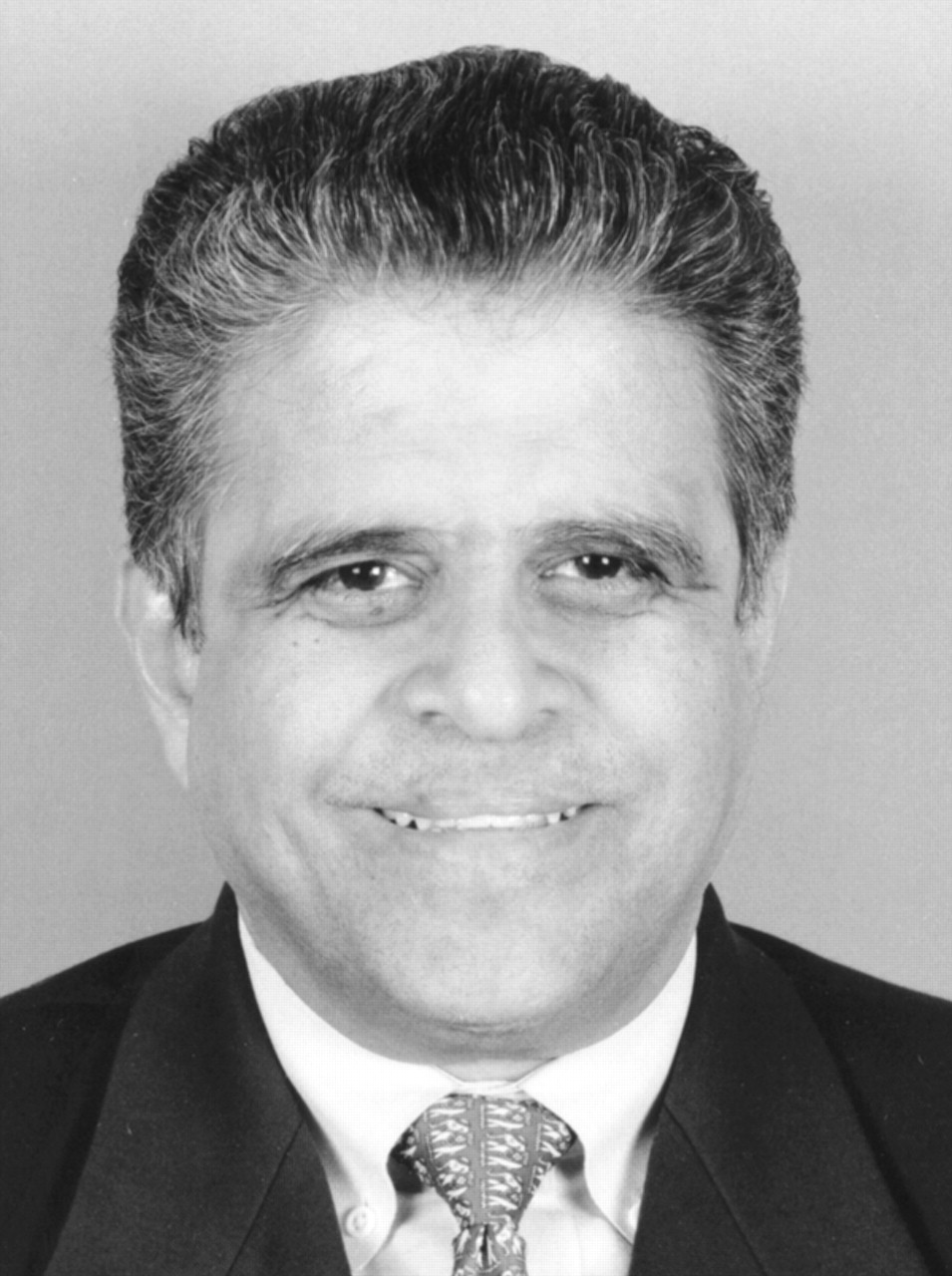Candidate for President-Elect
About the Candidate

Distinguished Fellow (Member Since 1982)
| •. | Professor and Chief, Division of Community and Public Psychiatry, Southern Illinois University; Medical Director, Choate Mental Health Center, 1998- | ||||
| •. | APA Caucus of Asian-American Psychiatrists: Assembly Representative, 2002- ; President, 1999-2002 | ||||
| •. | President, Indo-American Psychiatric Association, 2000-03 | ||||
| •. | Councilor, American Academy of Psychiatry and the Law, 1999-2002 | ||||
| •. | APA Council on Social Issues and Public Psychiatry, 2002- | ||||
| •. | APA Council on Psychiatry and Law, 1996-2002 | ||||
Candidates’ Views
Although there have been many improvements in the options available for treating the mentally ill, managed care and severe budget cuts have significantly restricted our ability to care for our patients. Further complicating the situation is the increasing encroachment of other mental health professionals on our scope of practice. This is the time for all of us to be united and focused on the tasks ahead to serve our patients and profession. APA is the only organization that can speak for us all. The number of members who are leaving the Association is, too, of the utmost concern. In order for APA to stay relevant, we must devise strategies for recruitment and retention of our members. Here are the priorities for our collective efforts.
Advocacy for our patients
Access to high-quality psychiatric care must be guaranteed for all, including special populations, such as those living in rural areas. True parity for mental health should be pursued through legislative initiatives, in alliances with advocacy groups. Universal health insurance is a goal that deserves our support. Confidentiality as a principle must be vigorously affirmed. Cultural sensitivity should be espoused, as we try to eradicate the stigma of mental illness and the disparities in mental health care.
Advocacy for the profession
A profound threat facing our profession is the pressure from clinical psychologists seeking to prescribe medications for our patients. They have already succeeded in New Mexico and keep targeting several states each year. APA has rightfully supported district branches in their fight on this issue. We need to maintain a constant vigil, and we can succeed in this area just as we have defeated this bill in many states. Psychiatrists are uniquely qualified to provide biological treatments as well as psychotherapy. Managed care has systematically eliminated our ability to provide psychotherapy for our patients. Psychotherapy is an integral part of our training and profession, and we must strive to keep it that way.
Reinvigorating APA
The leadership of APA has done well in accenting the shift from governance to advocacy. There is more to be accomplished. For example, leadership of APA should reflect the diversity of its members. Enhanced leadership and governance opportunities should be provided to minorities, international medical graduates, and early career psychiatrists. There should be strict accounting of dollars spent by our Association, with corresponding efforts to reduce dues and increase the membership. Leadership of APA must be sensitive to the concerns and needs of the members, while fostering partnerships with the AMA and medical subspecialty organizations so as to decrease expenses and maximize our collaborative impact on national health policy.
My background and what I can offer
I have experience in administration, education, research, and practice in private and public settings. My private practice with adults and adolescents has been one of the most rewarding aspects of my career. I have extensive knowledge of national and state health care policy developments. Thus, I appreciate the interests of our members working in all the sectors of psychiatry. As president of the Indo-American Psychiatric Association, I recruited numerous members and was instrumental in starting chapters across the country. My greatest strength has been in enhancing cooperation among various groups with differing ideologies, by facilitating communication and mutual respect. In each of the positions I have held, I have encouraged the involvement of leadership of APA in global psychiatry. As your president, I will provide dynamic leadership. I intend to encourage lasting and effective partnerships with all constituents and to work with them in achieving outstanding care for the citizens of this country, while promoting the highest values and standards for our profession.
Primary Loci of Work and Sources of Income
Work:
90%—Administration, research, teaching, and patient care at Southern Illinois University and the affiliated Choate Mental Health Center, Anna, Ill.
10%—Forensic psychiatry practice
Income:
97%—Southern Illinois University School of Medicine



